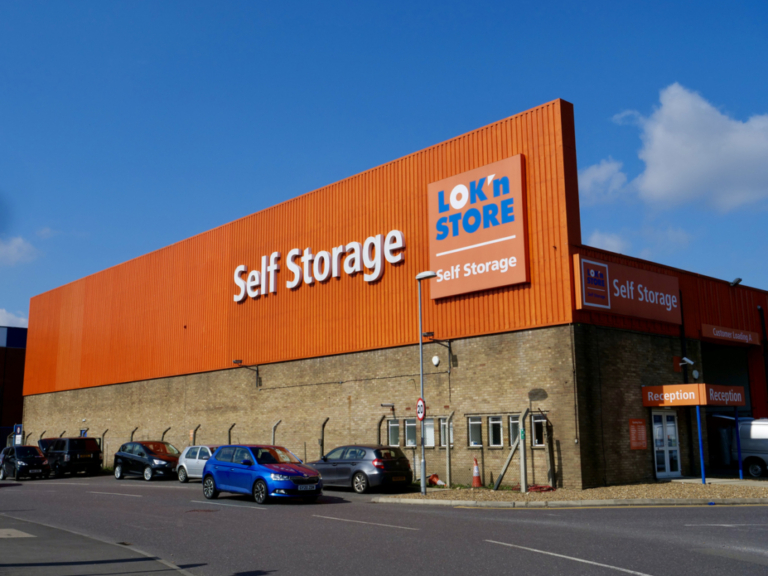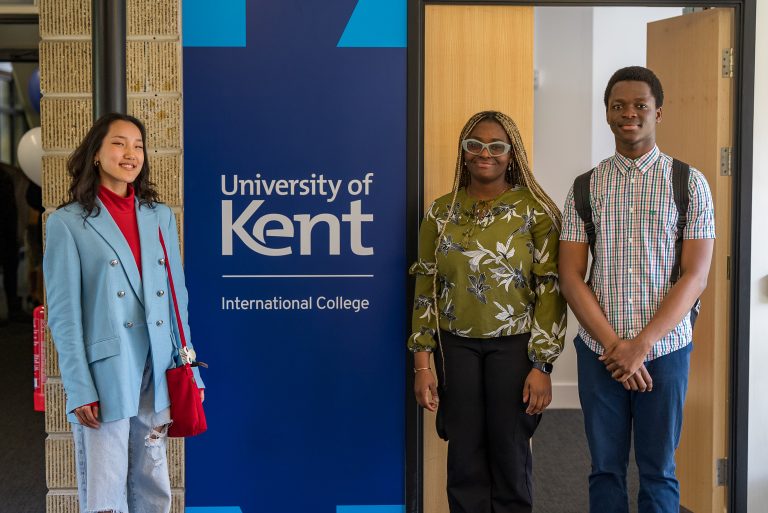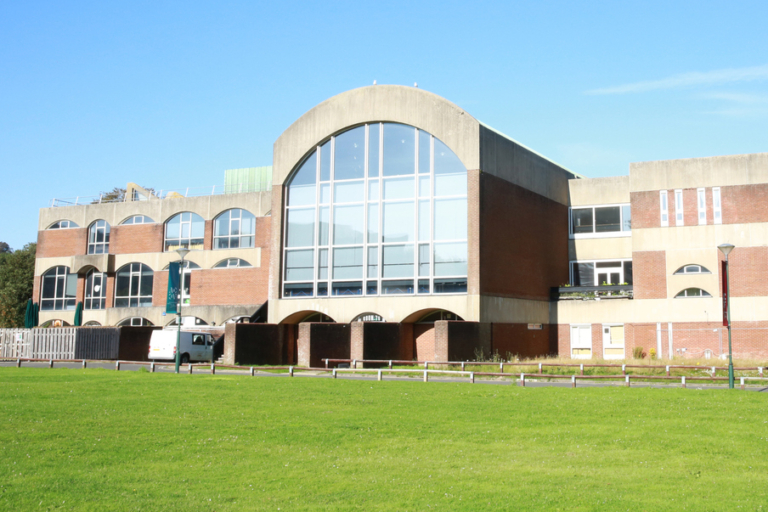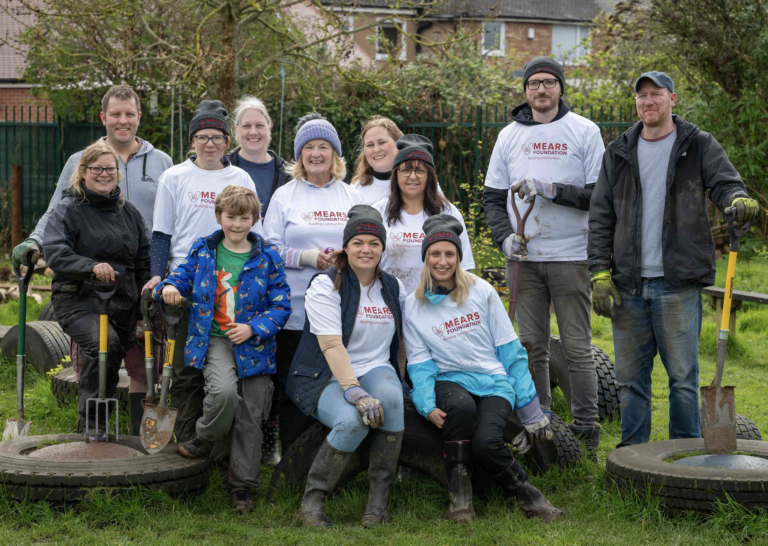Challenges ahead as the work/life revolution continues
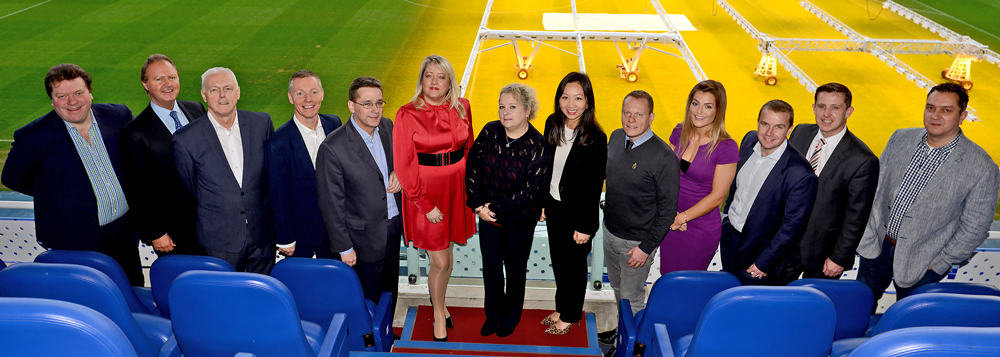
The Business Magazine invited finalists from last year’s Thames Valley Awards for a roundtable discussion at the Royal Berkshire Conference Centre in Reading’s Madejski Stadium.
Journalist Tim Wickham reports the highlights.
The discussion began by looking at what makes the finalists’ businesses special and the challenges they face, before moving on to the next disruptive forces, millennials – and whether they thought they’ll ever retire.
What USPs made you a business award finalist?
Richard Harris said the energy you get from his logistics business makes it different, and customers recognise this. “We have a distinct direction we want to go in. Our employees welcome and embrace our values. We hold regular values meetings. What makes us different is the way the business is run, which we feel is unique in our sector. The enthusiasm we have is infectious and exciting.”
Gemma Hood talked about their AI journey Volume and the importance of having core values for a ‘sticky’ culture. “Our values unite us and play an important part of our day-to-day. We aim to create extraordinary experiences for our clients and do the same for our talented people. Having a People, Culture and Community team is testament to this. Our values help us retain people and help us be seen as an employer of choice.”
Vy Pettit talked about the importance at iPRO Solutions of working closely with its manufacturing sector customers to find innovative answers. “We try to make sure the products we develop improve automation so they are more effective, productive and cost effective. We work with customers by giving them input on improving their designs. It’s a big step from design to making products, so our unique approach is the personal service we offer customers.”
Adrian Powell said Active Facilities Management was set up 10 years ago to step away from the norm of poor customer service in the FM sector. “Our culture runs strongly throughout the business. We are an SME providing services to large organisations who appreciate the amazing customer experience we give them. That’s down to our people, flexibility, and the can-do attitude that we nurture. Customers find it refreshing to be supported by a small business that is agile, with services that meet their demands.”
Alex Tatham used a feline analogy to describe Westcoast’s uniqueness. “The cheetah is the most agile, nimble and fastest of the big cats. These are like our values. We create value by being more responsive to change and by innovation – and making sure we do what our customers want.”
David Thomas said Vail Williams’ primary objective is to achieve trusted adviser status with its clients. “We live and die on our advice. We make sure our values mean something to everyone in the business. Using a balanced scorecard process is fundamental in doing that.”
Laura-Jane Franklin also highlighted agility in finding solutions at IT provider Centerprise. “A lot of what we do is about the journey we take customers on, moving from traditional procurement-based transactions to longer-term solutions. Our approach is collaborative, where we look to grow transformational relationships, where we learn and share with customers.”
Rob Lamden said many of BtL Communications’ customers when it started in 2002 are still with them today. “It’s about wrapping your organisation around your customers. We are agile and adaptable, at the cutting edge of new technology like fibre optic communications. We succeed by being trusted advisers – and choosing the right suppliers.”
What challenges keep you awake at night?
Powell: “We’re project based, so growing and maintaining revenue is challenging. We have to be innovative in the way we service clients. And we have to be flexible and quick to react, because clients push us hard to reduce the time it takes to deliver projects.”
Losing keeps Tatham awake at night. “We set huge growth targets and get our sales people to buy into them. They are enthused and excited about reaching them. We’re open with our numbers and make sure we show staff how targets can be achieved.”
Robin Barnes speaking for the Thames Valley Berkshire LEP said infrastructure in the region was a challenge for many businesses. “We suffer from significant congestion in the region and need to increase the pace of broadband rollout and create ‘smart cities’ in the Thames Valley. We have a very creative business culture in the region, with lots of smaller, entrepreneurial businesses that need good infrastructure to support their growth.”
Darren O’Connor from accountants James Cowper Kreston agreed that the Thames Valley has plenty of businesses with ideas. “One of our main challenges is to ensure we keep abreast of legislation and current opportunities that affect our clients to help them make the right, informed, decisions and achieve their longer term goals and ambitions in the most effective and structured way.”
Head of Thames Valley office for Gateley Plc Christopher Avery said finding the right people was one of the main challenges facing businesses. “I’ve been quite lucky in setting up the new Thames Valley office for the UK’s only publicly quoted law firm, Gateley plc. Being a plc makes recruitment easier for a number of reasons, not least the opportunity for our team to acquire shares in the company which of course you cannot do in a traditional law firm. Since taking occupation of the top floor of The Blade in the summer of 2016 we now have a team of 28 employees. The Thames Valley is a great place for new businesses to start.”
Thomas: “We’re half-way through our current business plan and it has stretching goals. There’s a lot of organic growth. Clients are attracted to Vail Williams because they aren’t getting the support they want from our competitors. We’ve bought two businesses recently and won’t rule out more. But it’s crucial the businesses we acquire fit our values, or else it can be disruptive.”
Hood: “We’re moving into new territories within AI, the challenge we face is retaining and attracting top talent – it’s a small pool to select from, so we have to be pro-active in our recruitment efforts. We also have to make sure all applicants have good experiences when in touch with Volume so they’ll be positive about our brand.”
Harris: “We want to become a destination employer. We’re increasing our marketing and PR activities in this area. Our people need to live and breathe the brand, but without being too aggressive about it. Our challenges are people, operations and sales – and how we innovate in each of them. We’re looking at how we can expand overseas in countries that will give us dividends quickly, and if they don’t we’ll move on to others.”
Louise de Haan said the healthcare sector challenge for Cardinal Clinics is attracting the right people. “Although we have a lot of long-standing staff who have been with us for more than 20 years, there is a huge shortage of nurses. We are in an old building, which is another challenge, and as a small business GDPR will heavily effect us. It’s important that people start talking more about mental as well as physical health, especially in the workplace. We want to focus on getting that conversation started.”
Lamden: “Our challenge is recruiting young talent through our apprenticeship and graduate programmes. One of our younger recruits is now sales director – I want people coming into the business to think the same way and look at the long-term gain of joining us.”
Franklin agreed that people talent was an issue. “For us, it’s finding the right sales people. Getting good ones is an art in itself. There’s lots of outstanding talent, but sales isn’t just about hitting the numbers. It’s about how you interact with customers and how you act as a brand ambassador.”
Pettit felt the same. “I can see our company is not alone in facing a recruitment challenges. For us, it’s especially about the impact of Brexit. A lot of our European staff are considering to return home due to uncertainty. We’re struggling to find people with the right skills locally who we can train and retain. We’re working hard to make employees feel appreciated and feel good about working here.”
Where are the next disruptive forces coming from?
Tatham: “Robotics is disruptive but that creates opportunities. You’ve got to be able to manage change quickly and we are focusing on improving our processes. However, some types of disruption I’m not so keen on as it creates uncertainty, like what will happen when we are no longer in the EU and how that will affect our supply chain. The good news is that it might mean new opportunities for us.”
Hood said disruption was generally good for her company, which uses artificial intelligence in marketing. “We believe what we are doing is making life easier for businesses by improving processes, allowing people to be strategic allowing more time to innovate. It’s definitely an exciting time for us.”
Barnes, NatWest: “Key to further GDP growth in the Thames Valley will be leading edge technology such as 5G and smart cities – these will provide the platform that will enable entrepreneurial businesses to succeed. As a bank we are embracing technological change. More and more of our customers are using digital banking, and last year we invested in a state-of-the-art digital studio to continue our innovations. AI is already having an impact and is likely to continue to do so as the field of robotics improves.”
Lamben highlighted the ability to access new technology. “Disruptive technology using cloud computing is no good if you can’t access it quickly and safely. We’ll see a lot more fibre connections direct into buildings with unlimited internet capacity. We’ve added more customers in the last year than in the previous five years.”
Avery: “There is no doubt that AI is already having an impact on the professional services industry generally but in the legal sector specifically to date, it is assisting in areas of what I would refer to as ‘bulk work’. In more specialist areas of the law, where drafting and experience are still paramount, I believe the impact will be less than some are predicting.”
What changes in the work/life balance do you see coming?
Harris: “In the logistics sector, people can end up working from 4am to 10pm, which is hard. The solution we offer gives flexibility with extended days, so our franchisees are be able to give something back to their home lives. Our ambition at our head office is to free up people so they can work anywhere.”
O’Connor: “We need to be as flexible as our clients, especially as we become more global. We take calls early from clients in Asia and late from US clients. So you have to offer options for working practices, such as working from home, or doing things at lunchtime, like going to the gym. Once you work smarter, you work better.”
Barnes, NatWest: “Banks have been quite traditional employers but there’s a massive shift underway with flexible working becoming more prevalent but subject to being available for the customer– we have to be available where and when the customer needs us.”
Hood: “Work is something you do, not somewhere you go. Communication is Key. We train our managers to engage with their teams and ensure they are being productive and are supported, often using Skype. Our employees now expect a more flexible approach and we are working towards supporting this. Having a more diverse workplace fuels innovation here – being more flexible in our approach will support this”
Powell: “Organisations are looking at their real estate and having flexible space. There’s a desire to work flexibly, but there’s also the traditional management attitude about presenteeism to deal with. Flexible working isn’t just about home or office, it’s about coping with transport issues so you allow people to come in later, or collect the kids from school and then maybe do some work in the evening.”
Tatham: “We talk about what employees want, but what about the customer? If they want you there all hours you have to make this possible. This can create issues, for example, we won’t offer roles for part-time account managers as this could affect service levels. We used to measure the time employees spent on the phone, which sounds extraordinary now. It’s whether you are productive in the time you work and, if you aren’t, then maybe you’re not working in the right way and we will find ways to help you to improve.”
What do younger generations want from work?
Hood: “They have higher expectations in the workplace, they require more variety in tasks, clear progression plans and expect feedback more frequently. We support our managers in setting clear expectations. Listening to our employees is crucial for us although businesses need to find a balance that works for everyone.”
Pettit: “The majority of our workforce is young. They look at your brand and ask themselves if it fits with their personal values. We need to look at the bigger picture about what we do, through our culture, training and personal development, so we have a value proposition that appeals to younger people.”
De Haan: “Corporate Social Responsibility is an important consideration for younger people. Businesses are realising they have to address mental health issues, including depression and workplace illness. We are seeing more people coming to our clinic who have burned out from the huge work expectations placed on them. It’s becoming a big issue.”
Franklin said Centerprise is now investing in the Mental Health First Aiders course. “We have a couple of people undertaking the training, so they’ll know how to see the warning signs and whether people are putting too much pressure on themselves to excel. In particular, we say to our graduates and under-graduates that they can make mistakes; it’s not the end of the world. That’s how you learn. We don’t want to lose them because they are a valuable resource.”
O’Connor agreed: “Nowadays, younger people have a fear or failure. There’s more anxiety and stress, with people feeling they have to be succeeding in everything, even if they are doing something for the first time.”
More positive attitudes are out there, as Harris observed: “My 12-year old niece recently asked me if I knew what fail means. She told me: First Attempt Is Learning. We need to set out our expectations of younger employees from the outset, setting key objectives, and telling them they’re not stupid if they don’t know something. Otherwise, they’ll run straight into a wall and fail.”
Lambden added: “Younger people don’t always cope well with getting things wrong. I always say you’ve got to give them time. After all, you don’t really know a business until you’re in it and it takes time to learn.”
Franklin thought a 20/80 rule was a good guide. “I don’t expect people to be right 100% of the time. If you get it right 80% of the time, I can live with that. A new job is something you have to grow in to – that’s the 20%.”
Lamden added a caveat: “Just don’t keep making the same mistakes.”
Will we soon arrive at a no-retirement future?
Franklin: “I doubt I’ll ever completely stop working; I love my job. The thought of not working fills me with horror.”
Hood: “Technology allows us to work more flexibly – anywhere. As a result, I believe people will end up working for longer. Plus, online training provides the ease and oppotunity to gain more skills later in life”
Pettit: “That’s spot on. We have a team leader who is nearly 70. He just loves what he’s doing. You’ve got to have a working environment where people of all ages feel comfortable.”
Thomas: “We’re increasingly seeing people in their 50s and 60s retiring from their main role and then going on to things like being a volunteer or a trustee for a charity. People will make value choices like these if they have the flexibility to do so. CSR isn’t important just for millennials, but also older people. I find that very exciting.”
On this positive note for both millennials and more mature members of the workforce, the session drew to a close.
Participants
David Thomas: partner, Vail Williams
Vy Pettit, marketing: iPRO Solutions
Richard Harris: managing director, Diamond Logistics
Alex Tatham: managing director, Westcoast
Laura-Jane Franklin: director business development, Centerprise International
Darren O’Connor: partner, James Cowper Kreston
Christopher Avery: partner, Gateley Plc
Robin Barnes: regional director, NatWest, and director, Thames Valley Berkshire LEP
Gemma Hood: chief people officer, Volume
Louise De Haan: head of marketing, Cardinal Clinic
Rob Lamden: managing director, BtL
Adrian Powell: director, Active Facilities Management
David Murray: Founder and publisher of The Business Magazine, chaired the discussion








